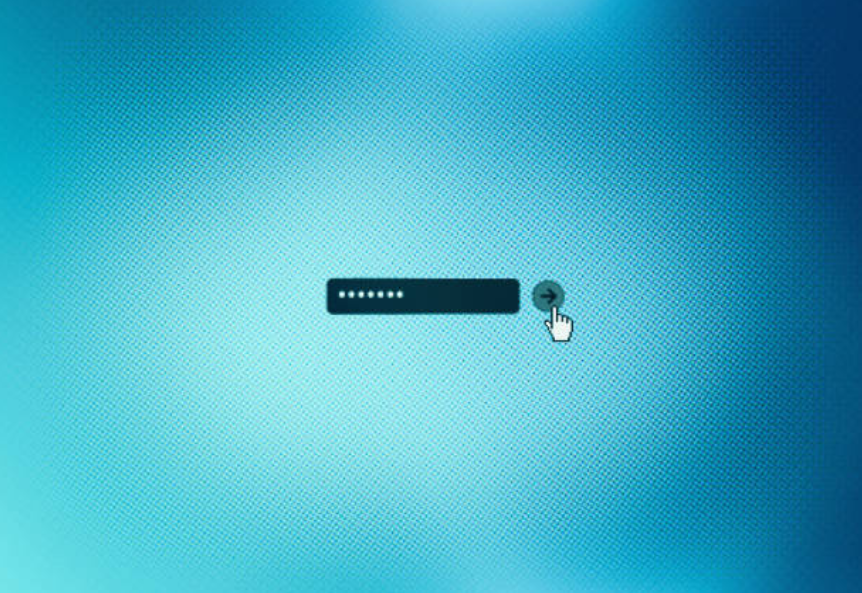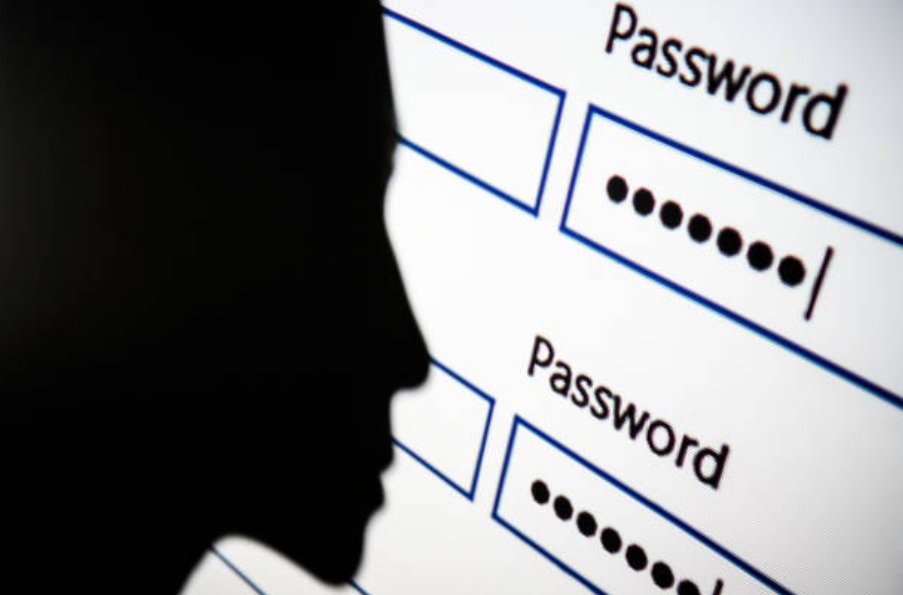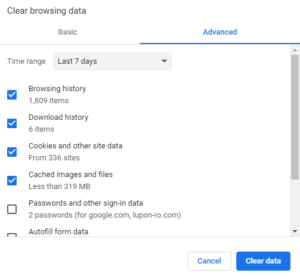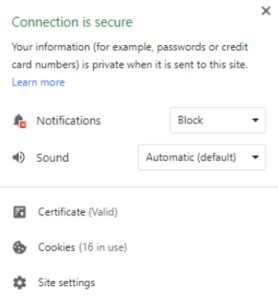Need Help? Get help Now!
Powered by SafeSoft Assist
Special offers when you call

Regular PC use is inevitable most especially in today’s world that’s suffering from COVID-19. Almost everything that deals with the world’s economy is highly reliant on the use of computers. This is why one must not overlook the importance of privacy protection.
Today, you’re going to know more about the best privacy protection practices in order to avoid fraud, theft, extortion, blackmail, and more. Stick around and grab your markers and remember not to miss a step.

Whenever we make accounts on a website, app, or anything that needs registration, we’re often asked to create usernames and passwords. Our accounts pile up and sometimes, different accounts have different passwords that result in us, creating a list of usernames and passwords in case we forget them.
This list is then comfortably saved in our PC’s storage but by doing this, we’re obliviously giving away our privacy to hackers. Once our system is attacked, it’s open to the possibilities of fraud, theft, extortion, blackmail, etc.
If you want to properly store your passwords in a safe place, you must get a nifty tool like SafeSoft PC Cleaner. One of its features is Safe-Passwords which provides the user with a master key to a very secure online vault.
You may also write your usernames and passwords on paper but be very sure that you write legibly and that you won’t lose it most importantly if these accounts are connected to your businesses.
Not to state the obvious but this is a must. Don’t ever share your username and password with anyone online. Unless you’re quite sure that the one you’re communicating with is legit, DON’T. Many hackers use a poser account and they copy the profile of your friend or anyone close to you on a social media website or to steal your identity.
This is a very common privacy protection practice that you must always remember.

Browsing the web may prove to be a worry-free task. Why would one get anxious about doing such a trivial activity? However, you must know that nowadays, most websites deploy “cookies”.
These are temporary files that are automatically downloaded by your browser so that when you visit the website again, the elements won’t load from scratch anymore giving you faster and smoother browsing experience.
Added to that, if the website or app requires you to key in your username and passwords, cookies get rid of going through such process again which saves you time.
Yes, most websites mean no harm but when you step into a place (click a dangerous link) and your system is unprotected, your sensitive information may be compromised. This is why privacy protection is so important.
For you to not leave traces of these cookies in your system, you must regularly clear your cookies and cache. You may do this by going tweaking your browser’s settings. However, doing so entails you of determining which kind of cookies to delete which may prove to be a conundrum if you’re not adept with codes and computers.
![]()
Now, if you want a worry-free way of deleting these and maintaining your privacy protection to be on the tip-top shape, you should try SafeSoft PC Cleaner. It has a feature that addresses your browser cookies and cache to make sure that nothing potentially risky is deployed on your PC.
You may also get an antivirus software but this can be costly. Furthermore, SafeSoft PC Cleaner not only deals with privacy protection. It also helps your PC achieve more in terms of performance. It optimizes, maintains, and cleans your computer to ensure you of a satisfactory experience.
Below are more features that are offered by SafeSoft PC Cleaner.
If you keep a lot of confidential data on your computer, investing in a trusty Antivirus Software Program is a very smart privacy protection move. However, please be aware that doing so may be quite pricey so prepare to have ample budget for it.
A lot of these popular antivirus software programs don’t offer a one-time payment type of scheme. These services are usually paid monthly. Privacy protection, after all, is an ongoing thing because hackers work round-the-clock in terms of finding ways to steal information.
If you want something for free and you’re using Windows 10, you could try using its built-in software called Windows Defender. However, it’s not the best in the market and you must ensure that the Windows operating system that you’re using is genuine.
Never ever key in sensitive information on a website that isn’t SSL protected. You may know this information simply by looking for the padlock sign next to the URL.
![]()
If you don’t see the padlock icon, it means that the website is not secure. If a website or a page is not secure, this means that the information you submit may be collected by the owner WITHOUT ENCRYPTION. This is one of the most common ways on how hackers get someone’s private information.

Sharing is caring but when it comes to privacy protection, being greedy is the best policy. You must never and in no means, give away your cloud storage access to anyone.
We often use our cloud storage to permanently store important files and doing so may compromise your privacy. If someone asks you to do so, tell them that there are many free ones like Dropbox and Google Drive. This is the best thing that you can do to avoid such a conundrum while at the same time, being of help.
Google Drive and Dropbox offer decent cloud storage space for free. There’s no need for you to share yours.
We hope that you found this Best Privacy Protection Practices guide helpful. If so, give it a like, and don’t forget to share.








